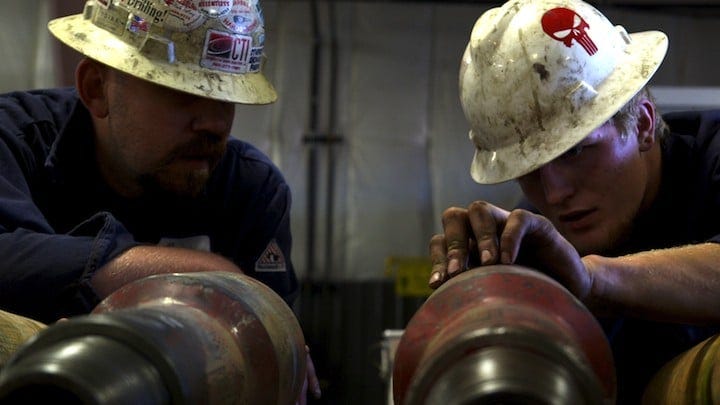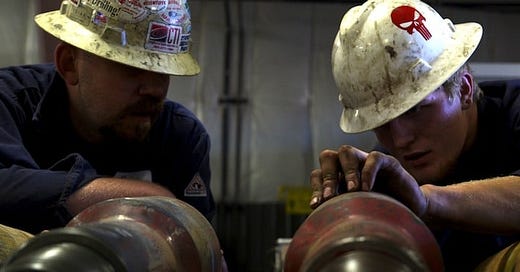Jesse Moss On ‘The Overnighters’ and the “Holy Shit” Moments of Making a Verite Documentary
By Katie Walsh

The Overnighters is one of the best documentaries of the year. The film, which premiered at Sundance in January and was awarded a Special Jury Prize for Intuitive Filmmaking, is a modern American tragedy of Biblical scope. Directed by Jesse Moss, it tells a story of the Black Gold Rush currently taking hold of Williston, North Dakota, wher…
Keep reading with a 7-day free trial
Subscribe to Nonfics to keep reading this post and get 7 days of free access to the full post archives.



